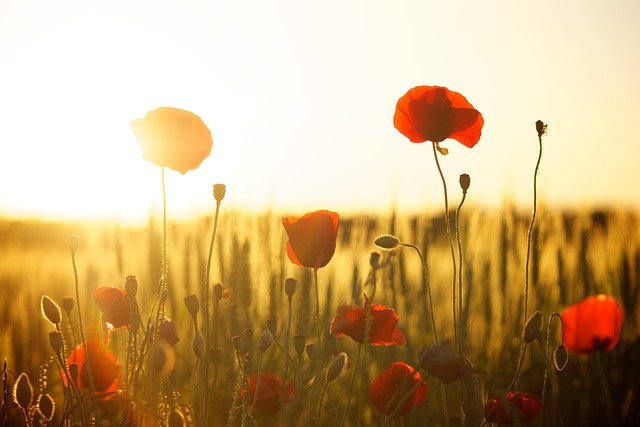The Jewish community is diverse but their funeral traditions have more similarities than differences. Members of this community may request something different from a funeral home in Bronx, NY depending on whether they are Sephardic or Ashkenazi Jews. The funerals have many differences from Christian ones too. Here are some of the things to expect in a Jewish funeral.
Preparation Of The Body Is Done By Other Jewish People
The handling of a body is a big deal in Jewish tradition because they consider the body to be a holy vessel. Only people belonging to the Jewish community are allowed to prepare the body for burial. They prepare the body immediately after death by washing it with cold water while reading sections from the Hebrew Bible. The body is washed for a second time and then wrapped in simple linen or muslin garments. But you are allowed to dress the body in a modest dress or suit.
Guarding Of The Body
People volunteer to “guard” the body from the time of death until the funeral. “Guarding” refers to sitting with the deceased while reading psalms until the burial. This tradition is referred to as “Shmira” and the person guarding the body is called a “shomer”. Keep in mind that a Jewish funeral happens within 24 hours after the death of a loved one. That means that each volunteer probably “guards” the body for less than a couple of hours depending on how many people volunteer. Only people from the Jewish community are allowed to guard the body.
Jewish Funeral Service Characteristics
Unlike other religious funeral services, a Jewish funeral service can take place at a funeral home, synagogue, or even at the graveside. The casket remains closed during the funeral service and flowers and music are not allowed. During the service, there are readings from the scriptures, which are explained briefly by a rabbi either in English or Hebrew. Mourners are ushered into the service after everyone is seated and can only greet attendees after the burial. After the family of the deceased is seated in the front row, the person officiating the service chants or reads Biblical passages and then says a silent prayer.
The Rabbi Or Cantor Delivers The Eulogy
A eulogy in Jewish tradition is meant to honor the life of the deceased and comfort the family. The rabbi meets the family and other loved ones to talk about the life of the deceased. They often ask the family to share any interesting stories about the deceased. The rabbi or cantor uses this information to come up with a eulogy that the family of the deceased will appreciate. Family members or close friends may be allowed to speak during the service, but only if their remarks are brief and written down. After the service, the deceased is buried in a simple wooden casket.
You can always ask a funeral home whether they provide Jewish funeral services when you are looking for funeral and cremation services in Bronx, NY. Our staff has years of experience and will answer any questions you may have.


